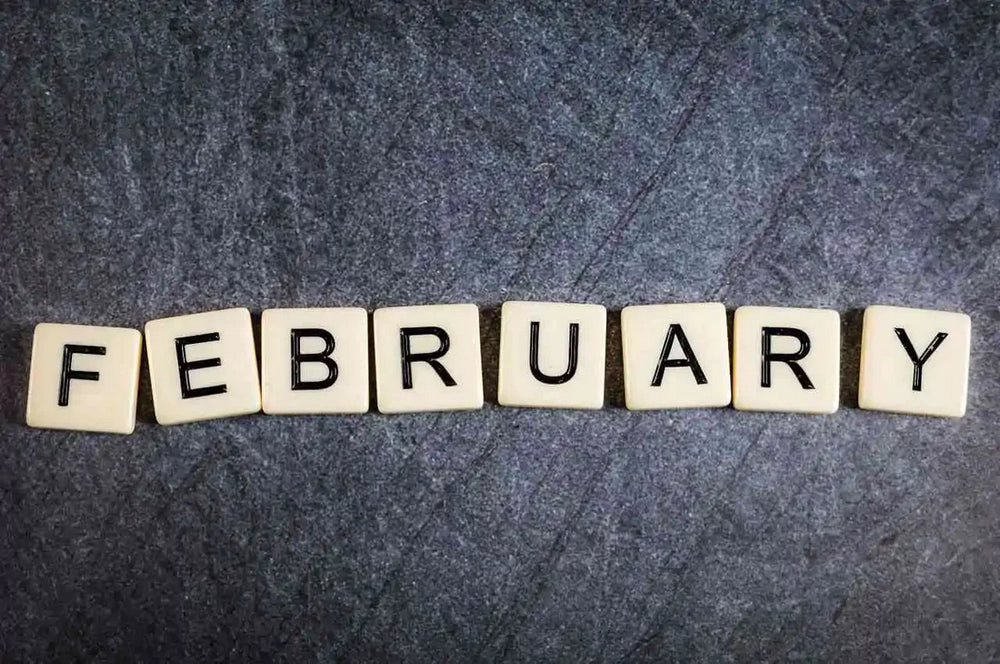Why not add these to compliment your wheelie bins?
Your basket is currently empty.
Shop NowWe guarantee to have the lowest price! Find the same bin for a cheaper price and we will beat it!

As a society, we buy so much stuff. Fast fashion, impulse buys at the checkout, lockdown buys because we are bored-the list goes on.
Much of what we buy will end up cluttering our wardrobes, drawers, and garages, or it will end up in the bin. This creates so much waste, especially if you consider the amount of packaging things come in too.
One of the most important things we can do when we are trying to reduce waste is to stop buying things we don’t need.
Buying things you don’t need means that valuable materials end up in landfill, polluting our planet, not to mention that it can put a serious dent in your bank balance too.
That’s why this February, we’re setting you a zero waste challenge: to declutter your home and your life!

How to declutter
Look around your home. Look in the loft, in the shed, and in the garage. How much stuff have you accumulated? How much of this do you actually need and use? Probably not much.
The result is that valuable materials and items are either sitting around collecting dust or they’ll be destined for landfill once you get around to having a clear out.
One of the reasons this happens is that we put things away in garages and cupboards because we don’t see them as being valuable. They are either junk, or something we keep because we ‘might need it one day’. In our throwaway society, it doesn’t seem to matter too much-we can easily get a replacement, right?
Every item has value
We need to start looking at the things we have as being valuable resources.
That old computer monitor in the garage, those old smartphones in the drawer; both contain plastic, glass, and precious metals which could be reused to make another item. It took energy to assemble and ship them, and now those materials and the energy it took to make them will only go to waste.
So your challenge this month is to go through the garage, shed, loft, or that big wardrobe, and start looking at what you as valuable resources.
Ask yourself how you can prevent these resources from going to waste.
Then, you can start to declutter.
Before you decide what to do with an item, answer these questions:
Be strict with yourself, and don’t decide to keep something because you ‘might’ need it.

What to do with items once you’ve decluttered
Our advice is to sort items into categories like SELL, DONATE, GIVE AWAY, REUSE, or RECYCLE.
The items in the SELL category can be sold on sites like eBay or Facebook Marketplace. This will ensure that goods don’t go to waste and will end up in a good home (as well as allowing you to pocket a bit of cash, which is never a bad thing.)
Goods in the DONATE category should be given to charity. It’s a good idea to check on your chosen charity’s website to see what they do and don’t accept, and whether they can arrange a free collection.
You might choose to GIVE AWAY items to friends and family or to list them on a site like Freecycle, where someone who needs them more than you can give the goods a home.
You might think decluttering is about getting rid of things, but sometimes it’s about trying to REUSE them. Those sweaters cluttering up your wardrobe could be turned into cushion covers and that old set of bedside drawers that you were going to throw away could be transformed into a piece of unique statement furniture with a bit of chalk paint and some new fittings.
And finally, RECYCLE what you can. Old electronics that don’t work, clothing that’s not fit to be worn…you get the idea. But do check with your local council about where you have to take items because some won’t be accepted as part of their kerbside recycling schemes.
If you saw our January zero waste challenge, it was to buy less. That is where it should start. When you are about to buy something consider:
So there you have it, your February zero waste challenge. Pick a room in your house, or the shed or garage, and declutter it. Ask yourself the important questions, and make sure no valuable materials go to waste. Make 2021 your year of zero waste!
Due to the incoming simpler recycling legislation we are experiencing a huge increase in demand. All orders are being processed as fast as possible, but there is a delay of around 2-3 weeks at present. We will respond to all emails as soon as we can but please bear with us as we work through the backlog.